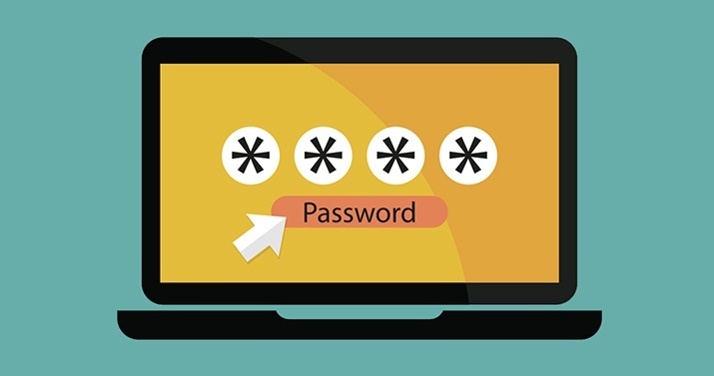
Investigating the Safety of our Online Banking Service
While 71% of adults are now banking online, some of our members have yet to take advantage of this convenient service. They are rightfully concerned with the safety and security of their financial information. Online banking safety is a paramount concern of ours as well. We want to let you know exactly what measures we take to protect your credit union account.
Secure connection
We pay for our online banking to have added encryption to the connection. When you look at the url on the top of the screen, it will start with https. That ’s’ signals that your connection is private, and outside parties cannot see your personal information while on the encrypted site.
In addition, our private servers are protected by the most up-to-date technology. We have a dedicated IT team whose job is to protect our members’ financial information.
Password protection
We require each user to input a username and password in order to access their account details. If you try logging in from an unrecognized computer, we will ask you a series of security questions in order to verify your identity. You can set these questions up when you first logon to your online account.
Authentication procedures
In order to set up online banking, we require an authentication process before allowing access to your account. A one-time personal identification number (PIN) will be emailed or texted to you in order to confirm your identity before logging on to online banking for the first time.
Steps you can take to actively protect yourself
There’s a much greater chance of your account becoming compromised through human error than criminals hacking your online bank account. Here are some tips to prevent someone gaining access to your financial information.
- Don’t use the same password for your online bank account and other online spaces, like social media or email. Some hackers take advantage of low security measures on other sites to gain access to passwords. Once they have those passwords, they’ll try them out on your other online accounts. By having separate passwords for separate accounts, you won’t leave yourself vulnerable if a different password is stolen.
- Set a reminder to change your password at least every six months.
- Avoid using public Wifi to access your financial accounts. Hackers have been known to piggyback on those networks to gain personal information. Instead, only use private, password-protected wifi to login to online banking.
- Download the latest anti-virus software on your computer.
- Don’t open or respond to phishing These emails try to fool you into thinking they are from legitimate sources. They may have ‘too good to be true’ offers or scare you into revealing personal information. Remember, your financial institution would never ask for your banking information through an email.
Don’t let your fear of being hacked prevent you from benefitting from the convenience of online banking. In fact, checking your account balance and history daily from your computer is a great way to protect yourself from fraud. Checking your account at home will allow you to identify any suspicious activity quickly and notify us right away.
So, how safe is online banking? As safe as your financial institution makes it – and at AmeriChoice the safety and security of our members is our upmost concern.
Learn more about Online Banking at AmeriChoice
To learn more about our safe and secure online banking, visit our dedicated online banking page. Full of tutorials, frequently asked questions, and other valuable information, it will be sure to answer your questions and help you get started! Sign up for online banking today!
-2.png?width=300&height=65&name=AFCU-logo-2019-white-sm%20(1)-2.png)